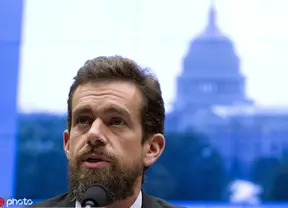
The nation remained in mourning on Sunday as the Japanese city of Nagasaki marked the 70th anniversary since the United States dropped an atomic bomb on the city, killing at least 70,000 people, three days after the city of Hiroshima was eviscerated by a smaller atomic bomb.

As Hiroshima on Thursday marked the 70th anniversary of the U.S. atomic bombing and Nagasaki follows on Sunday, Japan, starting from the two cities, is in mourning commemorating the painful sufferings brought by World War II, and Prime Minister Shinzo Abe is expected to issue a closely-watched statement next week to mark the 70th anniversary of the end of the war.

Chinese Foreign Minister Wang Yi has warned Japan not to "grapple with" China in all respects, a diplomat told Xinhua on Thursday.
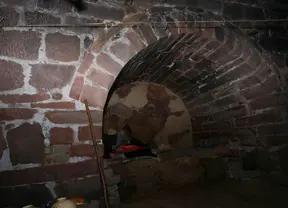
U.S. Vice President Joe Biden spoke with Japanese Prime Minister Shinzo Abe over phone on Tuesday, the White House said, after the Wikileaks website revealed alleged U.S. spying on Japanese officials and companies.

The Wikileaks website on Friday posted some reports by the U.S. National Security Agency (NSA), showing that the country has for years been intercepting phone calls between Japanese officials on sensitive issues.

The upper house of Japan's bicameral Diet has discussed a series of unpopular security-related bills from Monday, but unlike similar debates in the lower house, Prime Minister Shinzo Abe and his fellow ministers, as well as lawmakers from Abe's ruling Liberal Democratic Party (LDP), directly pointed to and chided China as posing a threat to Japan's national security.
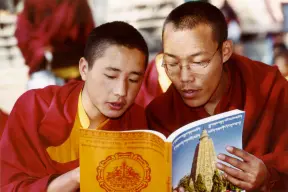
The upper house of Japan's bicameral Diet has discussed a series of unpopular security-related bills from Monday, but unlike similar debates in the lower house, Prime Minister Shinzo Abe and his fellow ministers, as well as lawmakers from Abe's ruling Liberal Democratic Party (LDP), directly pointed to and chided China as posing a threat to Japan's national security.
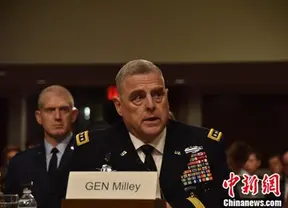
The overturn on Japan's "purely defensive" defense posture pushed for by Prime Minister Shinzo Abe, a historical revisionist who is keen to beef up Japan's military role, is "emphatically the wrong choice: it enhances the chances of war," an expert on international political economy has said.

Japan's upper house of parliament on Monday began discussions on a package of controversial security bills that, if enacted, will allow for the nation's Self-Defense Forces to have an expanded role abroad, despite an ongoing public backlash that has seen hundreds of thousands took to the streets in protests.
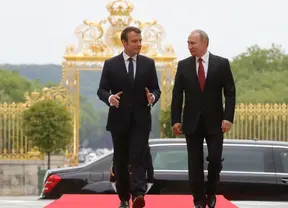
Seventy years ago on July 27, allied warplanes swarmed Japan's skies as the country's militarists fought with desperation on the Oriental and Pacific battlefields.
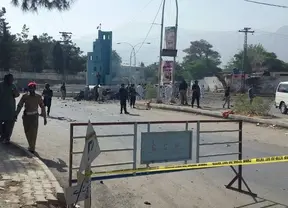
The public outcry and subsequent plummet in support for Japanese Prime Minister Shinzo Abe and his administration following the steamrolling of unconstitutional war bills through the lower house last week led to revelations that Abe decided to force the bills through with his party's majority vote as he knew the public would never accept them, no matter how many hours were spent debating them.
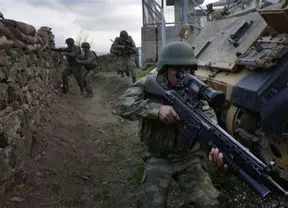
The Japanese cabinet on Tuesday released a defense white paper for 2015, which gave a significant portion to hyping up "China's military threat."

The Japanese cabinet on Tuesday released a defense white paper for 2015 and in the slimmest such document in 10 years, a large portion was used to describe "China' s military threat."

The Security bills, which Japanese Prime Minister Shinzo Abe had dreamed of but the vast majority of Japanese people had opposed to, were rammed through the lower house of parliament last week, endangering the East Asian region and the world as no sincere repentance over wartime history was made by the Abe cabinet.
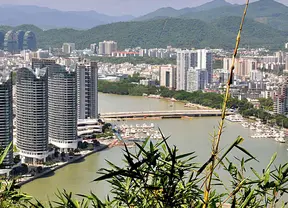
Scholars and news media in Indonesia, Thailand, Japan and other countries criticized the claim of "China threat" and preaching for the necessity of security bills in Japan's defence white paper for 2015 approved by the Japanese cabinet on Tuesday.

Japan, as the world's third-largest economy, has hit a crossroads as far as the value of Prime Minister Shinzo Abe's economic blend of "Abenomics" is concerned, local analysts hold.
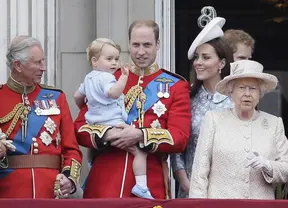
China demanded Japan accelerate the destruction of chemical weapons abandoned in China during World War II following a destruction operation that ended in Central Hubei Province on Monday.